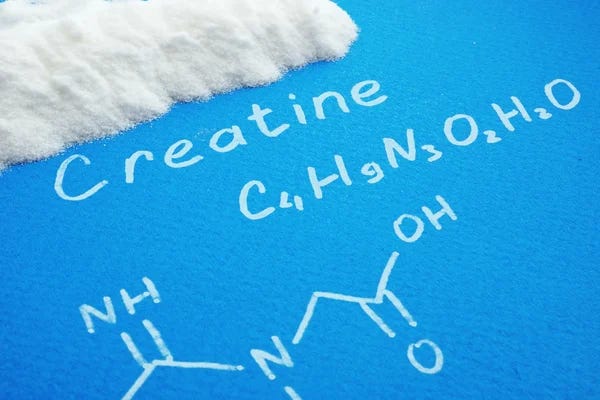The Powerful Training Effects Of Creatine
If you’re going to take one supplement to boost performance in the gym, I would recommend Creatine. Why? Because in an industry filled with fakes and scams, creatine monohydrate is like a breath of fresh air.
There’s no shortage of fitness and dietary supplements on the market, many of which are spiked with non-advertised drug ingredients, misleading cl…





